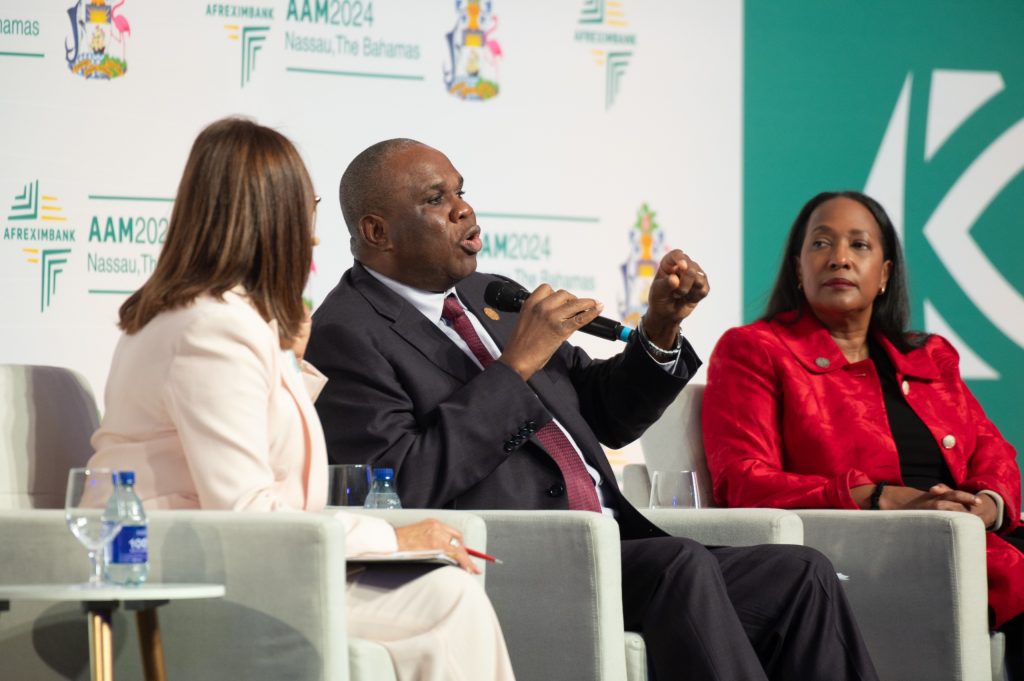Currently, bilateral trade between the two regions stands at $729 million.
However, the study highlights that this figure could see a substantial increase with enhanced trade facilitation and improved logistics.
Key sectors identified for growth include goods, minerals and metals, wood, paper, rubber and plastics, as well as processed foods and animal feed.
“Small businesses can be among the first to stimulate and benefit from increased trade between these two regions as they form the backbone of African and Caribbean economies,” said Pamela Coke-Hamilton, Executive Director of the International Trade Centre.
“There are immense growth opportunities if the right sectors are prioritized for development and investment.”
The study underscores the potential for small and medium-sized enterprises (SMEs) to drive this trade boom.
SMEs are particularly well-positioned to take advantage of new trade routes and markets, given their agility and innovation.
By focusing on sectors with high growth potential, such as processed foods and essential goods, SMEs can play a pivotal role in expanding trade networks.
Moreover, the report emphasizes the need for both regions to invest in infrastructure and logistical capabilities to support this anticipated growth.
Enhanced port facilities, streamlined customs procedures, and improved transportation networks are crucial for facilitating smoother and more efficient trade flows.
The findings of this study come at a time when both Africa and the Caribbean are seeking to diversify their trade partners and reduce dependency on traditional markets.
By strengthening trade ties, the regions can not only boost economic growth but also foster closer political and cultural connections.
In summary, the potential for Africa-Caribbean trade to reach $1.8 billion by 2028 presents a significant opportunity for economic development.
With the right investments in infrastructure and a focus on high-growth sectors, both regions can unlock new markets and drive sustainable growth for small businesses and the broader economy.




